The UAE’s dynamic and diverse educational environment can leave parents with a multitude of questions. At ED-SG, your trusted education consultant agency, we understand the importance of clarity when it comes to your child’s education. In this article, we present a comprehensive guide addressing key inquiries that parents often have about schooling in UAE. From academic calendars to certificates, fees, and beyond, we’ve got you covered.
Academic Year Variations: Understanding the Timing
The UAE caters to a diverse population, with students originating from various countries and educational systems. As a result, the academic year start dates differ. For Indian, Pakistani, and Japanese curriculum schools, the academic year spans from April to March. In contrast, schools following other curricula commence in September, concluding in either June or July. This carefully crafted arrangement ensures that students of different backgrounds can seamlessly transition into the UAE’s education system.
Language Requirements for Enrollment: Certificates and Translations
Enrolling your child in a UAE private school? Be prepared to provide proof of their previous schooling. To ensure smooth admission, all certificates, even those from abroad, should be presented in either Arabic or English. For documents originally in other languages, certified translations by a legal translator are essential. This step guarantees that both the school and the authorities can accurately assess your child’s educational background.
Curriculum Transition: Navigating Grade Changes
Transitioning from a 12-year curriculum to a 13-year one can be a significant decision for your child’s education. The outcome depends on factors such as your child’s age during the transfer and their prior educational journey. Fortunately, the new school can provide tailored advice, easing the process of integrating into a new curriculum structure.
Bridging the Gap: Quranic School Attendance and Traditional Grades
Parents often wonder if attendance at Quranic centers equates to regular school grades. The answer is no. While Quranic centers play a vital role in religious education, their certificates do not correspond to the completion of traditional school grades. It’s important to recognize the unique purpose and contribution of Quranic education within the broader educational landscape.
Transparent Fee Regulations: KHDA’s Role
The Knowledge and Human Development Authority (KHDA) plays a pivotal role in regulating school fees. These regulations are based on the annual Education Cost Index and schools’ inspection ratings. The School Fees Framework offers comprehensive information about fee structures, including deposits and refunds. This framework ensures transparency and fairness in the financial aspects of education.
Student Well-being: KHDA’s Stance on Discipline and Disputes
Ensuring an optimal learning environment is essential. KHDA actively supports dispute resolution between schools and parents to prevent disruptions to a child’s education. It’s important to note that schools cannot suspend or expel students without KHDA authorization, emphasizing the authority’s commitment to maintaining a stable and nurturing learning environment.
Addressing Bullying: Proactive Measures
KHDA advocates for child protection policies in schools. In the unfortunate event of bullying, prompt action is crucial. Parents are advised to raise concerns with the school immediately. Should resolution be elusive, KHDA is readily available to assist, reinforcing a culture of safety and respect within educational institutions. Our team advises that you raise any incidents or concerns immediately with the school and, if you are not able to resolve the issue, please contact us.
Seamless School Transfers: Document Requirements
Transferring your child to another school within or outside Dubai? Specific documents play a crucial role. Transfers within Dubai require a transfer certificate, while departing the city might necessitate a ‘student leaving certificate’ to validate years of study. KHDA verification ensures the authenticity of these certificates, ensuring a smooth transition.
Attendance Matters: Policies and Reporting
School attendance is a critical aspect of a student’s academic journey. Each school has its attendance policy, reflecting its commitment to consistent learning. Parents should familiarize themselves with their child’s school’s attendance guidelines to ensure compliance.
A Safe Environment: No Room for Corporal Punishment
UAE law unequivocally prohibits corporal punishment in schools. This legal stance underscores the commitment to providing a safe, nurturing, and respectful learning environment for all students.
Beyond Academics: ‘Good Conduct’ and ‘Student Continuity’ Certificates
Certain UAE universities may request a ‘Good Conduct’ certificate from a student’s school. This certificate, issued by the school and attested by KHDA, demonstrates the student’s ethical and behavioral standing. Additionally, the ‘Student Continuity’ certificate serves as evidence of uninterrupted study, often required by UAE authorities. KHDA attestation verifies the validity of this certificate, ensuring a seamless administrative process. Kindly note that the above certificates may be requested from your child’s school directly.
In conclusion, the UAE’s educational landscape is richly diverse and constantly evolving. At ED-SG, we’re committed to empowering parents with the knowledge needed to make informed decisions for their child’s academic journey. We encourage you to reach out to us for personalised guidance tailored to your unique situation. Together, we can navigate the intricacies of the UAE’s education system and pave the way for your child’s success.






